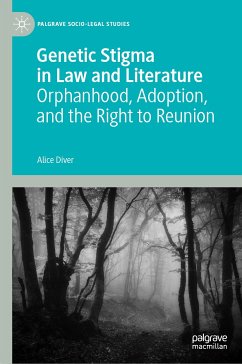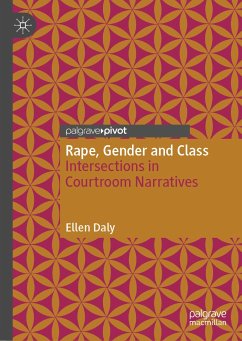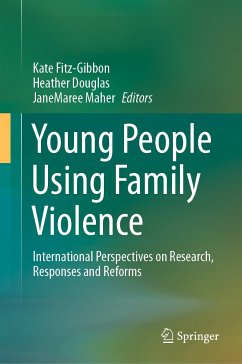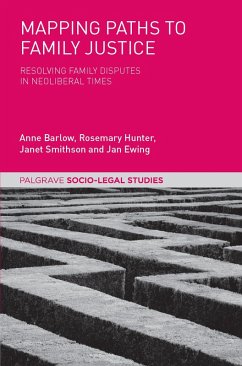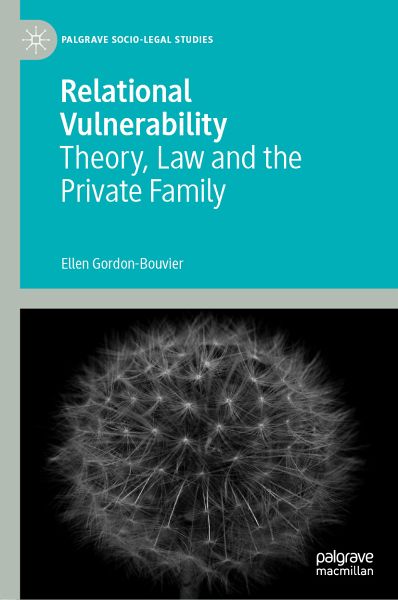
Relational Vulnerability (eBook, PDF)
Theory, Law and the Private Family
Versandkostenfrei!
Sofort per Download lieferbar
72,95 €
inkl. MwSt.
Weitere Ausgaben:

PAYBACK Punkte
36 °P sammeln!
This book breaks new theoretical ground by constructing a framework of 'relational vulnerability' through which it analyses the disadvantaged position of those who undertake unpaid caregiving, or 'dependency-work', in the context of the private family. Expanding on existing socio-legal scholarship on vulnerability and resilience, it charts how the state seeks to conceal the embodied and temporal reality of vulnerability and dependency within the private family, while promoting an artificial concept of autonomous personhood that exposes dependency-workers work to a range of harms. The book argu...
This book breaks new theoretical ground by constructing a framework of 'relational vulnerability' through which it analyses the disadvantaged position of those who undertake unpaid caregiving, or 'dependency-work', in the context of the private family. Expanding on existing socio-legal scholarship on vulnerability and resilience, it charts how the state seeks to conceal the embodied and temporal reality of vulnerability and dependency within the private family, while promoting an artificial concept of autonomous personhood that exposes dependency-workers work to a range of harms. The book argues that the legal framework governing the married and unmarried family reinforces principles of individualism and rationality, while labelling dependency-work as a private, gendered, and sentimental endeavor, lacking value beyond the family. It also considers how the state can respond to relational vulnerability and foster resilience. It seeks to provide a more comprehensive understanding of resilience, theorising its normative goals and applying these to different hypothetical state responses.
Dieser Download kann aus rechtlichen Gründen nur mit Rechnungsadresse in A, B, BG, CY, CZ, D, DK, EW, E, FIN, F, GR, HR, H, IRL, I, LT, L, LR, M, NL, PL, P, R, S, SLO, SK ausgeliefert werden.




